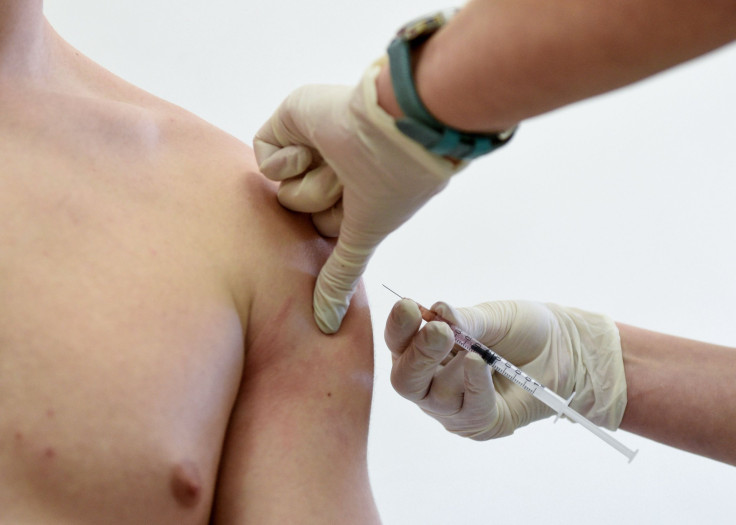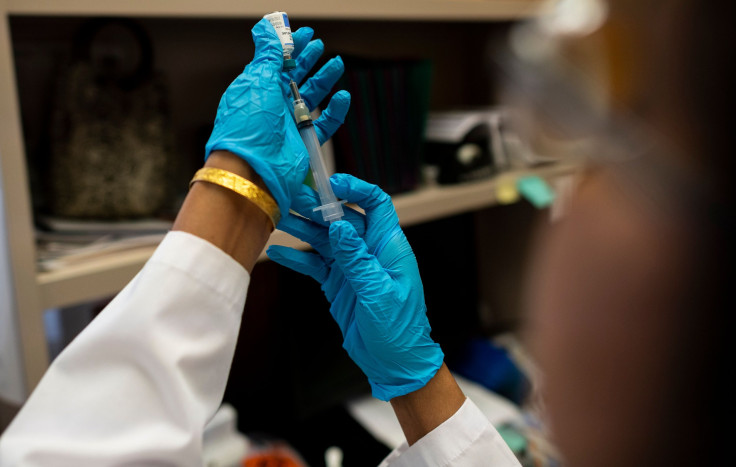COVID-19 Bivalent Booster For Spring: Who Are Eligible?

It has been more than six months since the first bivalent booster rolled out in the U.S. Many are wondering if it's time for them to receive another booster to extend their protection against the novel coronavirus. However, authorities have only cleared the second booster for certain individuals.
Last week, the U.S. Food and Drug Administration officially authorized the second bivalent booster or spring booster for use but only in people who badly need it. These people are deemed vulnerable to severe illness due to COVID-19.
CNN's medical analyst Dr. Leana Wen said the second bivalent booster has only been approved for people aged 65 and above and immunocompromised individuals. According to her, older people are among those most susceptible to severe illness, alongside individuals aged 6 and older with weak immune systems or health conditions affecting their immunity.
"These individuals are newly able to receive their second bivalent booster if it's been at least 4 months since their first bivalent shot," she said of older people. Wen then clarified that immunocompromised individuals could receive a booster as frequently as every two months, depending on their specific medical circumstances.
Meanwhile, family members and relatives of people belonging to high-risk groups are not eligible to receive the spring booster. They are not as high risk, so they do not need the second bivalent booster to stay protected against COVID-19.
"Federal health officials have not authorized family members or caregivers of high-risk individuals to get the second bivalent booster, and I think this is the right decision based on scientific evidence," Wen said.
For non-high-risk individuals, they could get boosted later in the fall when the FDA approves a new vaccine formulated against the more dominant strains by that time. After all, the FDA has hinted at approving yearly vaccines for COVID-19 that could be rolled out each fall, like the flu shot.
"It's possible that there will be an updated version of the booster made available in the fall that will more specifically target dominant variants in circulation. The individuals who are newly eligible to receive the second bivalent booster are vulnerable people who, almost certainly, would be the same first groups eligible to receive another Covid-19 vaccine in the fall," Wen said.
The news came days after the World Health Organization (WHO) officially designated the XBB.1.16 strain, dubbed Arcturus, as a variant of interest. The omicron subvariant is reportedly highly contagious but does not seem to cause severe illness compared to previous strains.

Published by Medicaldaily.com



























